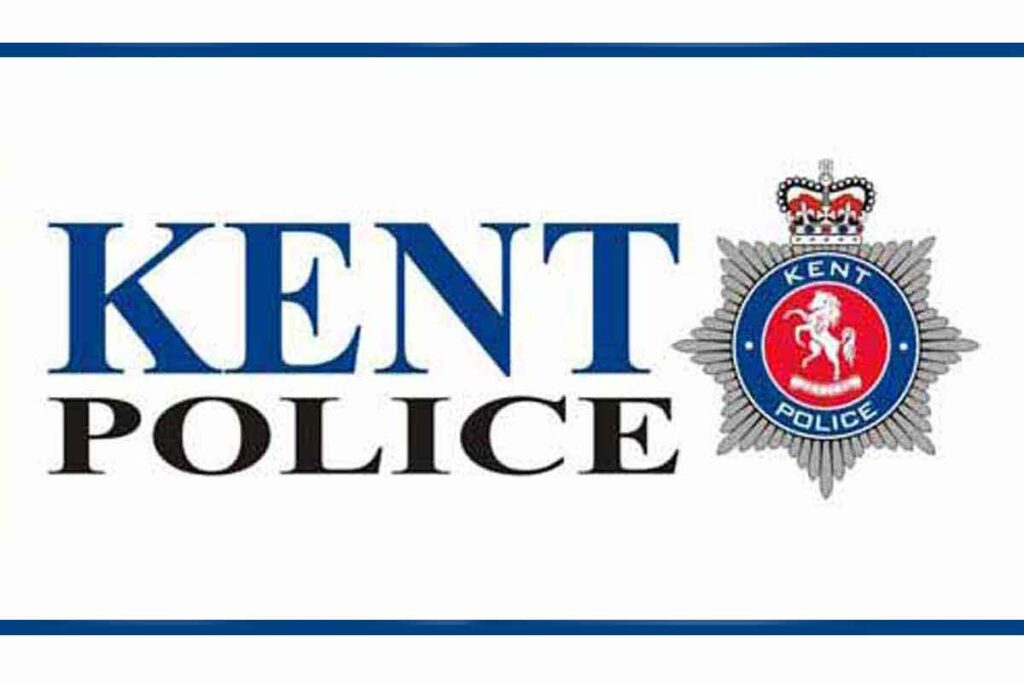A charitable organisation dedicated to assisting the emergency services in the search for and rescue of vulnerable missing people has been handed a donation from Kent Police.
Kent Search and Rescue (KSAR) was presented with a £10,000 cheque from Kent Police on Wednesday 23 November 2022.
The organisation is made up of volunteer members who make themselves available 24 hours a day, 7 days a week and 365 days a year to help find and rescue people who go missing and there is serious concern for their welfare.
This donation will contribute towards a new sonar Remote Operated Vehicle (ROV) for the team. This equipment will significantly improve KSAR’s underwater search capabilities and builds on sonar equipment previously donated by Kent Fire and Rescue.
It will enable KSAR to provide a full emergency response when searching for vulnerable missing people who may have entered Kent’s waterways.
KSAR’s new sonar ROV will also significantly improve safety not only of KSAR’s search and rescue volunteers, but also police, fire and rescue officers, and recovery divers, who will no longer need to spend as much time in or around dangerous waters.
Property fund
The money was made available by the force’s Property Fund, which distributes money from the sale of unclaimed lost property or items seized during police operations.
Money raised from the fund is given to local groups which provide a service to communities in Kent throughout the year.
KSAR Water and Sonar Lead Chris Beer said: ‘This major investment will make searching rivers and lakes in Kent much quicker and far more efficient.
‘If, tragically, the missing person has drowned, our new ROV will also bring much faster closure to families and friends of loved ones, desperately awaiting news.’
Superintendent Warren Franklin from Kent Police added: ‘KSAR are a valued partner that delivers outstanding work and support for Kent Police, Emergency Service partners and primarily the public.
‘I’m delighted to hand over this cheque on behalf of the Kent Police Property Fund so they can continue their life saving work.’
